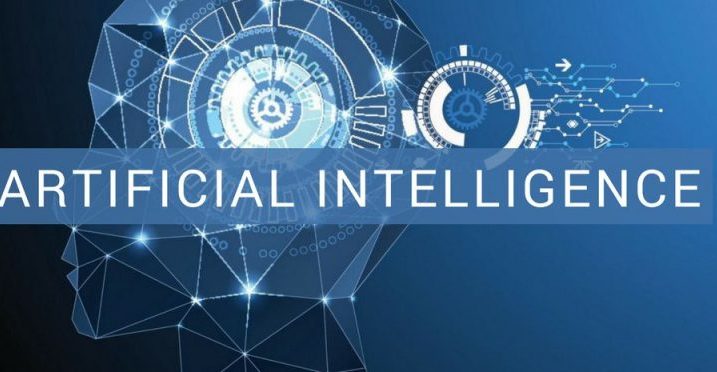The Nigerian Communications Commission has tasked Artificial Intelligence developers to be transparent about the data, algorithms, and models used in systems for fair and responsible deployment of AI to address challenges facing the country.
The commission also called on AI organisations to handle personal data responsibly, following strict privacy regulations, stressing that consumers should understand how AI systems work and have a way to address issues or biases.
The NCC Executive Vice Chairman, Dr. Aminu Maida, made the call at the headquarters of the commission in Abuja on Friday while delivering his keynote address at an event held in commemoration of World Consumer Rights’ Day themed “Fair and Responsible Artificial Intelligence for the Consumer.“.
World Consumer Rights Day is observed annually on March 15 to raise awareness about consumer rights and advocate for fair treatment and protection of consumers worldwide.
It serves as a reminder of the ongoing need to protect and empower consumers in an ever-evolving marketplace.
The history of World Consumer Rights Day dates back to 1962, with the introduction of four basic consumer rights by President John F. Kennedy in his speech to the US Congress. These rights included the right to safety, the right to be informed, the right to choose, and the right to be heard.
Since its introduction in 1983 by Consumers International, World Consumer Rights Day has catalysed global action on pressing consumer issues, utilising this annual occasion to mobilise efforts to address critical consumer concerns in Nigeria.
Represented by the Executive Commissioner- Designate, Technical Services, Abraham Oshadami, the NCC boss noted that the adoption of Fifth Generation Technology in Nigeria has increased the deployment of AI in various sectors and therefore called for ethical adoption of the innovation.
He said it has also become necessary for consumers of any products/services in society to be treated fairly with the pervasive deployment of Artificial Intelligence, especially in healthcare, financial, and transportation services.
According to him, the use of AI should be done within the ambit of the laws, with respect for citizens’ privacy and rights, transparency and accountability, and without biases.
The NCC boss, assuring of the commission’s alignment with the global trend said, “Artificial Intelligence is a phenomenon that has captured the imagination of scientists, engineers, and thinkers for decades. It represents the culmination of human innovation and the quest to create machines that can mimic human intelligence and problem-solving capabilities.
“AI has already made significant inroads into our lives. From voice assistants that respond to our commands to recommendation algorithms that suggest what we should watch, read, or buy, AI is all around us.
“To this effect, AI Developers need to be transparent about the data, algorithms, and models used in AI systems. This ensures that decisions made by AI can be explained and mistakes can be fixed to ensure everyone is treated fairly, regardless of their background. This helps prevent biased decisions or discrimination, thereby promoting inclusivity and equality.
“Protecting citizens’ privacy is extremely important when using AI. Organizations should handle personal data responsibly, following strict privacy regulations. Respecting privacy builds trust in AI systems. Responsible AI requires mechanisms for holding systems accountable and explaining their decisions. Consumers should understand how AI systems work and have a way to address issues or biases.”
He further urged AI developers in Nigeria to be transparent about the data, billing systems in services, and models used in AI systems.
“This ensures that decisions made by AI can be explained and mistakes can be fixed to ensure everyone is treated fairly, regardless of their background. This helps prevent biased decisions or discrimination thereby promoting inclusivity and equality,” Maida added.
The highlight of the event was a roadshow showcasing the rights of consumers to good and durable telecommunications services.






